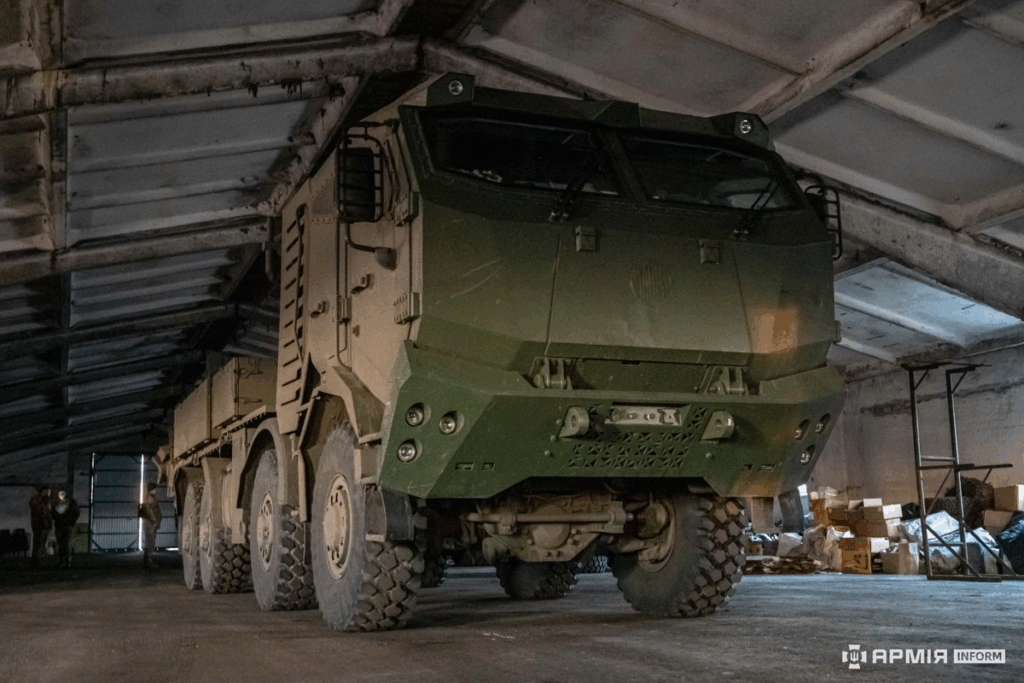The ongoing conflict in Ukraine has captured global attention, not only due to its intensity but also because of its profound implications for international relations and security. You might wonder how a situation that began with political unrest escalated into a full-scale war, affecting millions of lives. This article delves into the current state of the conflict, examining its key players, the humanitarian crisis, and the geopolitical ramifications. Whether you’re seeking to understand the complexities of this situation or simply want to stay informed, this overview will provide you with valuable insights.
The Current State of the Conflict in Ukraine
The situation in Ukraine remains precarious, with fierce battles occurring across various regions. As cities endure relentless bombardments, the impact on civilians is catastrophic. You may ask, what drives this conflict? At its core, it’s about territorial integrity, national identity, and the struggle for influence.
Key Players in the War
Several nations and organizations are deeply involved in this conflict, shaping the course of events.
- Ukraine: The country is fighting to maintain its sovereignty and democratic values.
- Russia: With its military presence, it aims to assert control over specific territories.
- NATO and the West: These entities provide military and humanitarian support to Ukraine.
Understanding the motivations and actions of these players is crucial to grasping the conflict’s complexity. Why do these countries take such strong positions?
The Humanitarian Crisis Unfolding
As the war intensifies, the humanitarian situation deteriorates significantly. Millions of Ukrainians have been displaced, seeking refuge in neighboring countries or within their own borders.
You might be aware of the staggering statistics: over 14 million people have fled their homes since the onset of the war. This mass displacement brings with it a host of challenges, including food shortages, lack of medical care, and psychological trauma.
The International Response
The global community is not standing idly by. Various nations and organizations are stepping up to address the pressing needs arising from this crisis.
- Humanitarian Aid: Countries and NGOs are delivering essential supplies such as food, clothing, and medical assistance.
- Sanctions on Russia: Economic sanctions aim to pressure the Russian government to cease hostilities.
- Diplomatic Efforts: Negotiations are ongoing, although progress remains slow.
Why do governments feel compelled to act? The answer lies in the desire to uphold international norms and support democratic movements.
Geopolitical Implications of the War
The ramifications of the Ukrainian conflict extend far beyond its borders. Nations are re-evaluating their alliances, security strategies, and energy policies.
For instance, Europe is reconsidering its dependence on Russian energy sources, seeking alternative suppliers to bolster its energy security. Additionally, military strategies across NATO countries are being reassessed, as the alliance focuses on collective defense.
This situation raises critical questions: How will the conflict reshape global power dynamics? What new alliances might emerge from this turmoil?
In summary, the war in Ukraine is a multifaceted crisis with deep-rooted historical causes and far-reaching effects. By staying informed, you can better understand the complexities that define this pivotal moment in history.
























